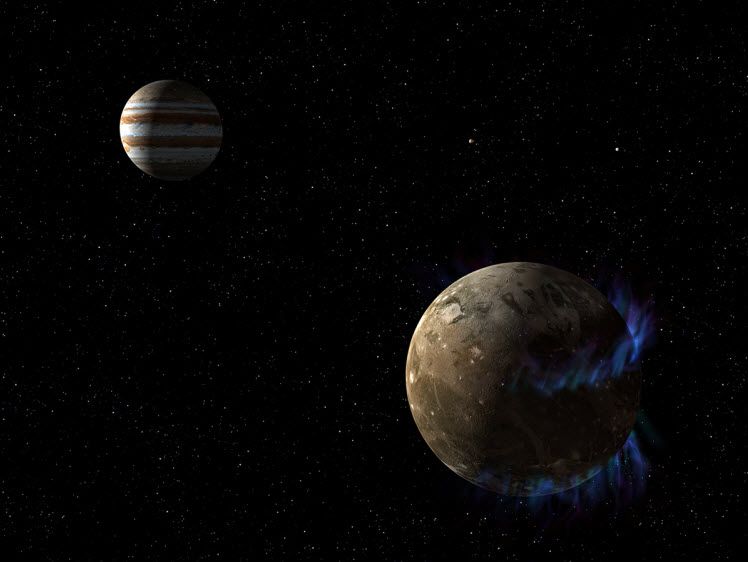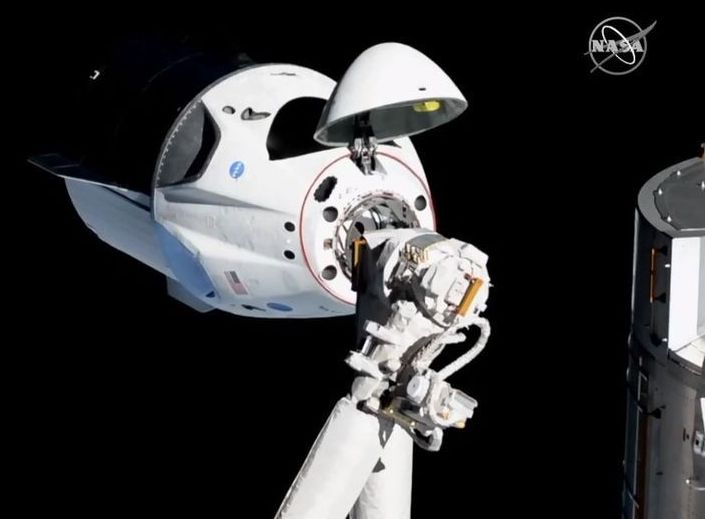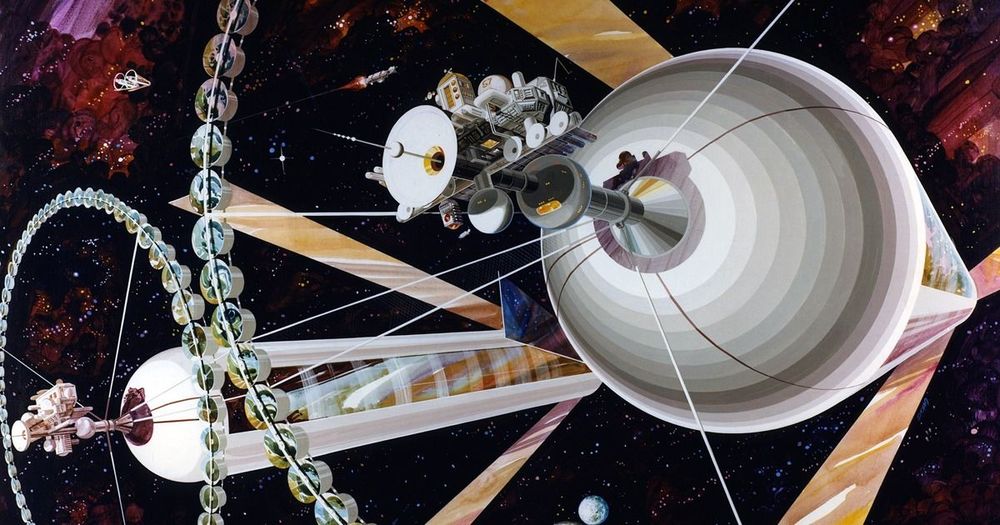Circa 2015
NASA’s Hubble Space Telescope has the best evidence yet for an underground saltwater ocean on Ganymede, Jupiter’s largest moon. The subterranean ocean is thought to have more water than all the water on Earth’s surface.
Identifying liquid water is crucial in the search for habitable worlds beyond Earth and for the search of life as we know it.






